- 21
- 12月
hollow concrete block machine
Our block making machines are reliable and efficient machines used to produce different types of concrete blocks like Roadside blocks, solid blocks, interlocking blocks and paver blocks. They are suitable for both large and small-scale production, are versatile and cost-effective.
These machines are designed with advanced technology and components to ensure high quality and precise results. They are also easy to operate, maintain and have a long life, saving time and money in the long run.
One of the most impressive features of the Block Machine is its customizable settings. With the ability to adjust the pressure and speed of the machine, users can produce bricks of varying sizes and strength, making it suitable for a wide range of construction needs.In terms of production capacity, the Block Machine can produce up to 8213 bricks per hour, making it ideal for large-scale construction projects. It also comes with a range of additional accessories, such as molds and mixers, to further enhance its capabilities.
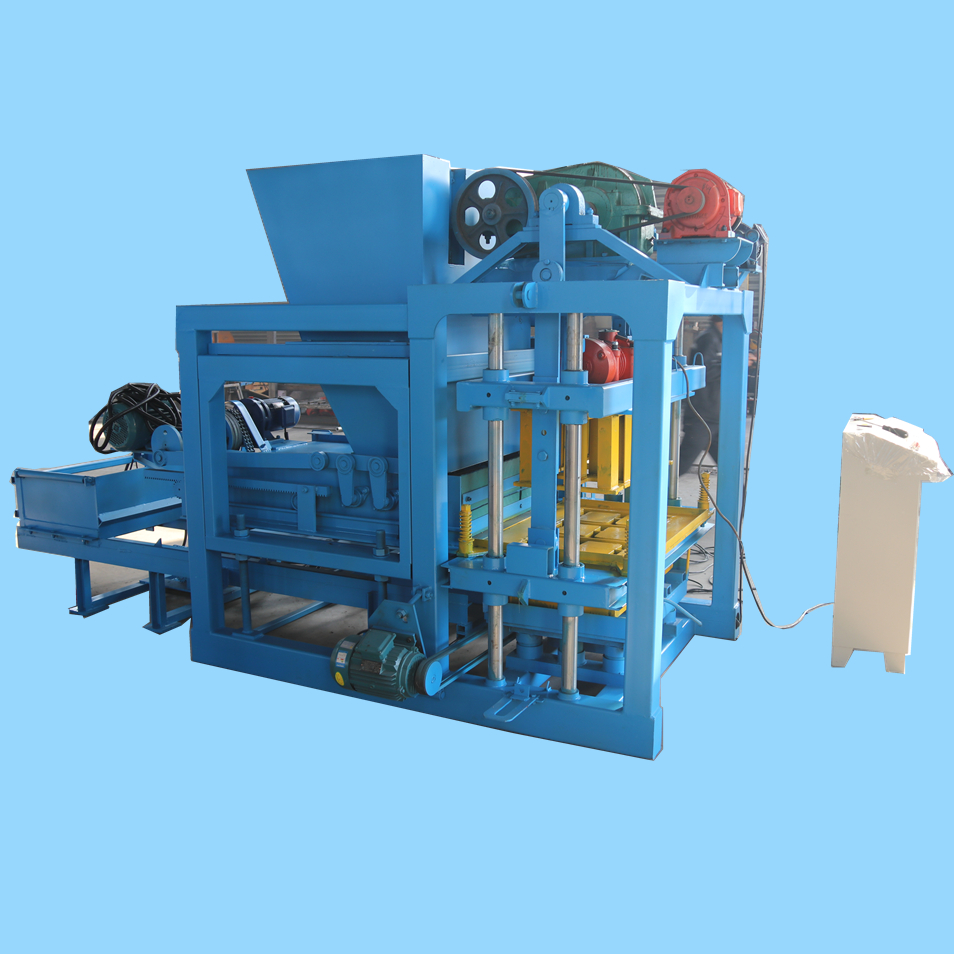
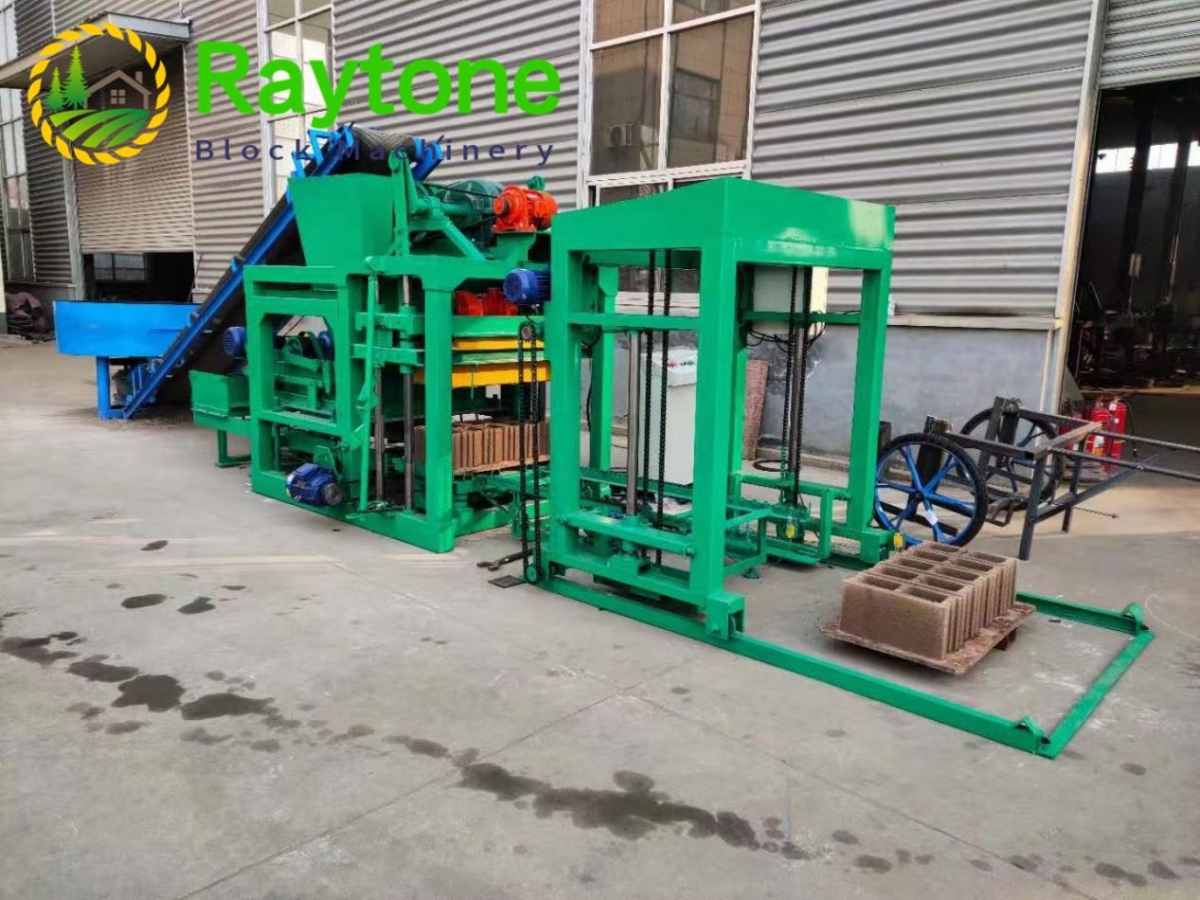
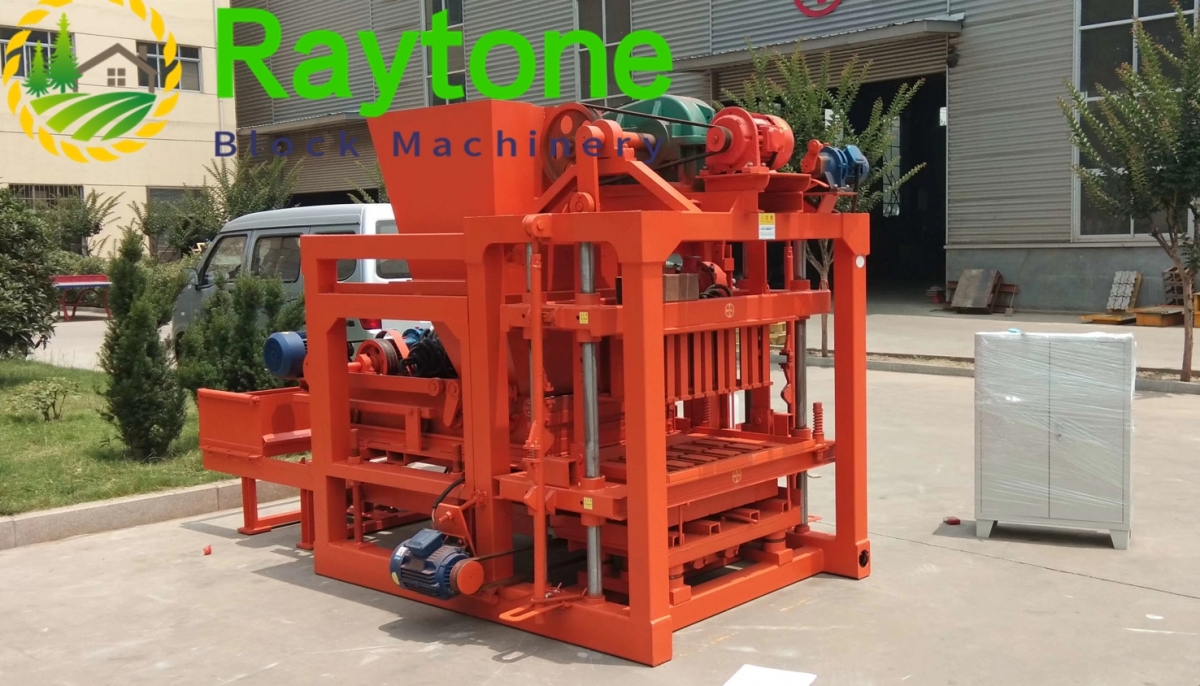
| land area | 330 Square Meters | Water Consumption | 2.4 T/day |
| Workshop area | 64 Square Meters | Electricity Voltage &Frequency | 220V/380V/415V;50HZ/60HZ |
| Labors Quantity | 3 workers | Power Consumption | 26.5 KW*8 Hours=212 KWH; |
| Cement Consumption | 7.67 Tons per day | Sand consumption | 30.3 tons per day |
| Crushed stones consumption | 38.44 tons per day |
The Advantages of Block Machine Technology
hollow concrete block machine FAQs Guide.
The Block machine is an innovative and advanced piece of equipment that is designed to streamline the process of creating high-quality concrete blocks. With its state-of-the-art technology and precise engineering, our Block machine offers superior performance and efficiency for any construction project. It is a versatile and reliable tool that can produce a wide range of block sizes and shapes, making it perfect for various applications, including residential and commercial buildings, road and sidewalk construction, and more. Combined with its durability and ease of use, our Block machine is the ideal solution for your block-making needs. Join the countless satisfied customers who have experienced the benefits of our Block machine and take your construction projects to the next level.
2.How does the cost of a hollow concrete block machine compare to traditional building materials?
3.Can a hollow concrete block machine be used in combination with other building techniques?
4.How is the quality of blocks produced by a hollow concrete block machine ensured?
5.About hollow concrete block machine MOQ
6.What is the cost-effectiveness of using a hollow concrete block machine?
7.What is the production capacity of a hollow concrete block machine?
8.About hollow concrete block machine raw materials
9.Can a hollow concrete block machine produce blocks with varying levels of compressive strength?
10.About hollow concrete block machine inventory
11.How does the weight of a block affect transportation and storage?
12.What is the expected return on investment for a hollow concrete block machine?
13.About hollow concrete block machine customization services
14.Are there any noise or vibration concerns with a hollow concrete block machine?
1.What is a hollow concrete block machine?
We adhere to the principle of quality first and have a complete production quality management system and quality inspection process.
A block machine is a machine used to produce concrete blocks, which are used in the construction of walls, foundations, and other structures. The machine typically consists of a hopper, a conveyor belt, a mold, and a vibration table. The hopper is used to feed the concrete mix into the machine, the conveyor belt transports the mix to the mold, and the vibration table vibrates the mix to ensure a uniform block.
2.How does the cost of a hollow concrete block machine compare to traditional building materials?
We focus on our customers’ needs and strive to meet their expectations, so we take this very seriously.
The cost of a block machine is typically much higher than traditional building materials. Block machines are typically used to produce large quantities of blocks, which can be expensive to purchase in bulk. Additionally, block machines require specialized equipment and expertise to operate, which can add to the cost.
3.Can a hollow concrete block machine be used in combination with other building techniques?
Yes, a block machine can be used in combination with other building techniques. For example, a block machine can be used to create the walls of a building, while other building techniques such as steel framing, masonry, and wood framing can be used to create the roof and other structural elements. Additionally, a block machine can be used to create decorative elements such as columns, arches, and other architectural features.
4.How is the quality of blocks produced by a hollow concrete block machine ensured?
The quality of blocks produced by a block machine is ensured by using high-quality raw materials, controlling the temperature and pressure of the machine, and using quality control measures such as testing the blocks for strength and durability. Additionally, the machine should be regularly serviced and maintained to ensure that it is operating correctly and producing blocks of the highest quality.
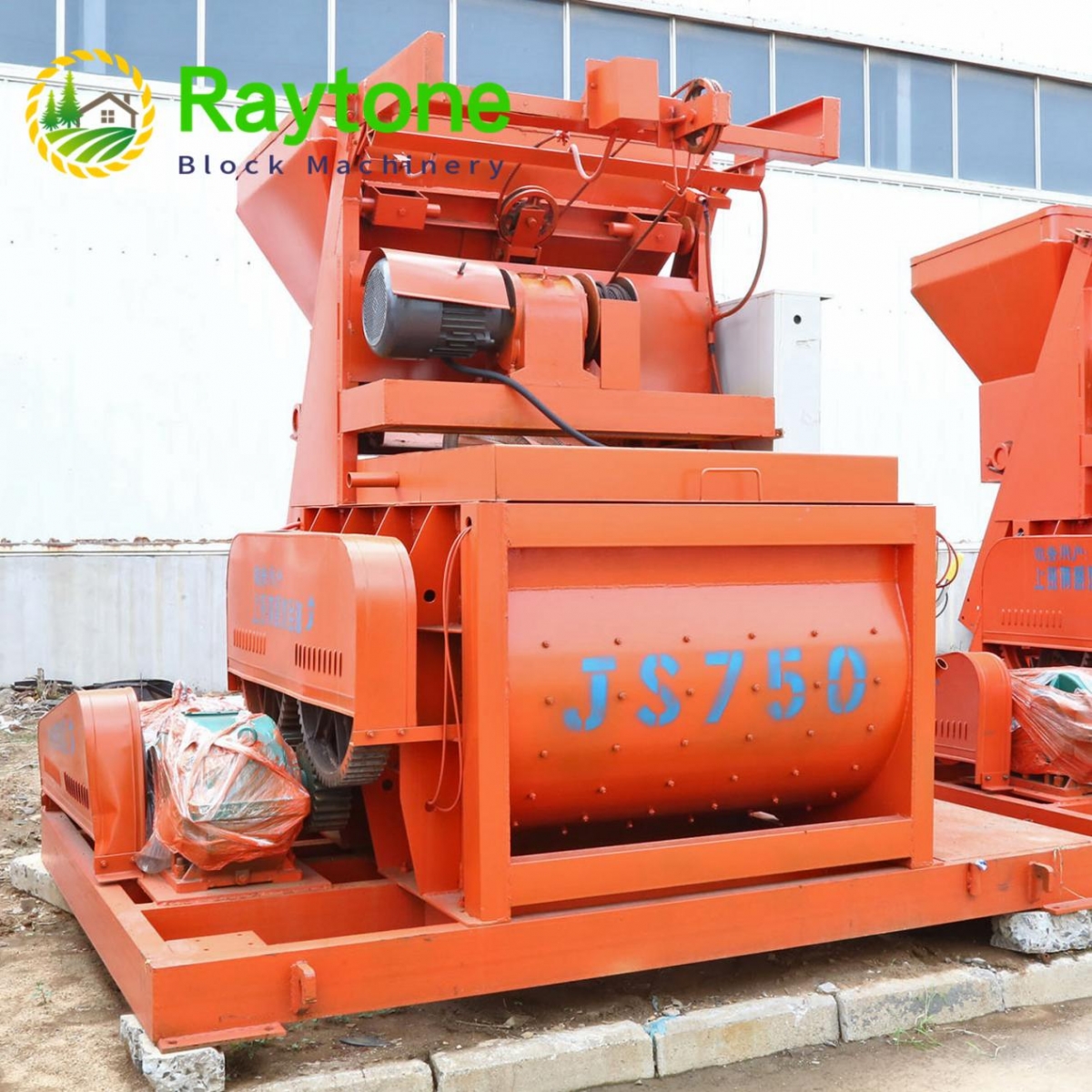
5.About hollow concrete block machine MOQ
The minimum order quantity (MOQ) for a block machine will vary depending on the type of machine and the manufacturer. Generally, the MOQ for a block machine is one unit. However, some manufacturers may require a minimum order of multiple units.
6.What is the cost-effectiveness of using a hollow concrete block machine?
The cost-effectiveness of using a block machine depends on the type of block machine being used, the size of the project, and the amount of labor required. Generally, block machines are more cost-effective than traditional methods of block production, as they require less labor and can produce more blocks in a shorter amount of time. Additionally, block machines can produce blocks with a higher degree of accuracy and uniformity than traditional methods, which can result in a higher quality product.
7.What is the production capacity of a hollow concrete block machine?
We maintain a certain amount of R&D investment every year and continuously improve operational efficiency to provide better services to our cooperative customers.
The production capacity of a block machine depends on the size and type of block being produced. Generally, a block machine can produce between 1,000 and 8,000 blocks per hour.
8.About hollow concrete block machine raw materials
Block machine raw materials are typically made from a combination of cement, sand, gravel, and water. The exact proportions of each material used will vary depending on the type of block being made. The raw materials are mixed together in a concrete mixer and then poured into a block machine, which forms the blocks. The blocks are then cured and hardened before being ready for use.
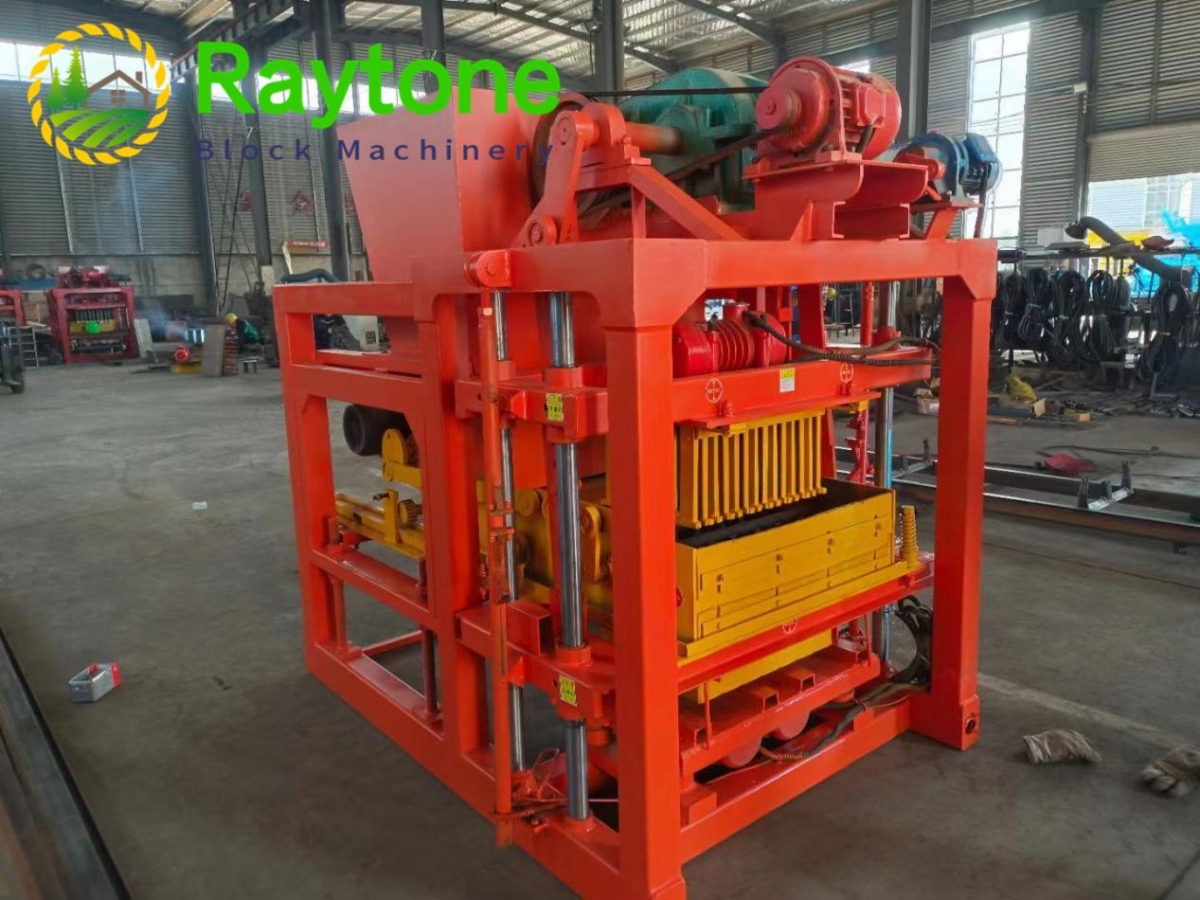
9.Can a hollow concrete block machine produce blocks with varying levels of compressive strength?
Yes, a block machine can produce blocks with varying levels of compressive strength. This is done by adjusting the amount of pressure applied to the blocks during the manufacturing process. The amount of pressure applied can be adjusted to produce blocks with different levels of compressive strength.
10.About hollow concrete block machine inventory
Block machine inventory is a software system designed to help businesses manage their inventory of block machines. The system allows businesses to track the quantity of block machines in stock, the cost of each machine, and the location of each machine. The system also provides reports on the current inventory levels, the cost of each machine, and the location of each machine. Additionally, the system can be used to generate purchase orders and invoices for block machines.
11.How does the weight of a block affect transportation and storage?
The weight of a block affects transportation and storage in several ways. Heavier blocks require more energy to move and can be more difficult to transport. They also require more space for storage, as they take up more room than lighter blocks. Additionally, heavier blocks may require more specialized equipment for transportation and storage, such as forklifts or cranes.
12.What is the expected return on investment for a hollow concrete block machine?
The expected return on investment for a block machine can vary greatly depending on the type of machine, the size of the project, and the market conditions. Generally, block machines can have a return on investment of anywhere from 10-30%, with some machines having returns as high as 50%.

13.About hollow concrete block machine customization services
Block machine customization services are designed to help businesses create custom-made block machines that are tailored to their specific needs. These services can include the design and engineering of the machine, the fabrication of the components, and the installation and maintenance of the machine. The customization services can also include the development of software and hardware to control the machine, as well as the integration of the machine into existing production lines. The customization services can also include the development of custom-made parts and components for the machine, as well as the development of custom-made tools and fixtures for the machine.
14.Are there any noise or vibration concerns with a hollow concrete block machine?
Yes, noise and vibration are common concerns with block machines. The noise and vibration levels can vary depending on the type of machine and the materials being used. It is important to ensure that the machine is properly maintained and that the operator is properly trained to reduce the risk of excessive noise and vibration.
